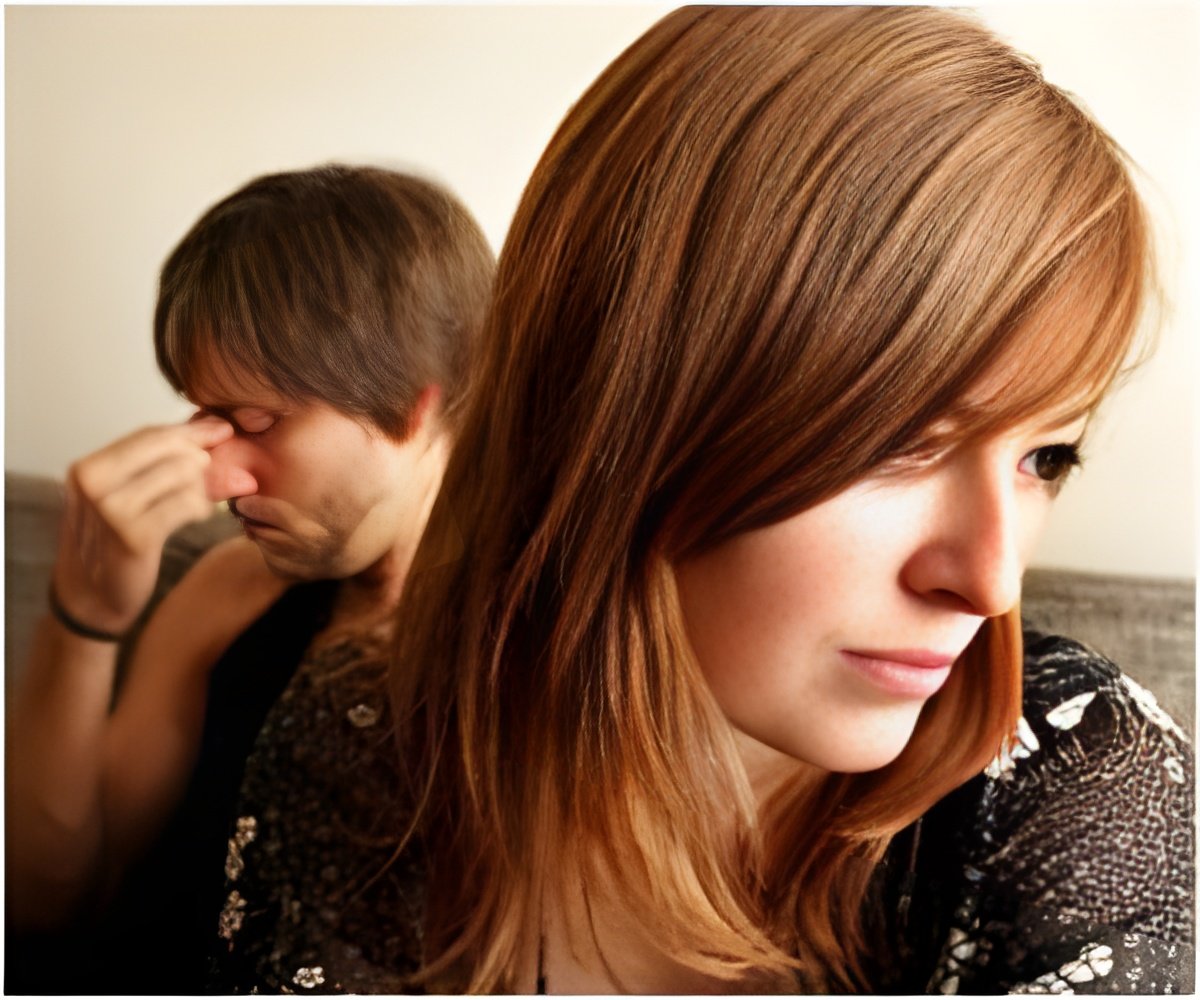A new study has indicated that more evidence was needed to support premature ejaculation by teaching men how to control their bodies with their minds while having intercourse.

"We need to do more to prove it works," said review co-author Stanley Althof, executive director of the Center for Marital and Sexual Health of South Florida.
Physicians and mental health specialists are not certain of how many men suffer from premature ejaculation, although they have managed to come up with a definition of it as ejaculation that occurs within a minute or less of the penis entering the vagina.
Behavioral therapy aims to treat premature ejaculation either with or without the assistance of medication. The therapy discourages men from trying to distract themselves during sex by thinking about things like baseball scores or stock prices, said Althof, an emeritus professor at Case Western Reserve University School of Medicine.
Instead, he said, "It's like looking at a speedometer. We teach men to hover in the midrange of excitement and learn to slow down or speed up when they notice where they are."
The review authors searched for evidence and found four studies that met their criteria with a total 253 participants.
The Cochrane Collaboration, an international organization that evaluates medical research, published the review. Systematic reviews like this one draw evidence-based conclusions about medical practice after considering both the content and quality of existing medical trials on a topic.
The review authors said that the studies do not confirm that the therapy works. The number of studies is small, their techniques are similar and they do not look at other therapy-based approaches, the review notes.
Still, Althof said therapy has value even if the research is not yet convincing.
Treatments are not cheap, however. He said they can cost 100 dollars to 125 dollars a session or more and that eight sessions could be necessary over two to three months.
"It's an investment. You're investing in significantly improving your sexual life. There's not a guarantee that you will, but there's a likelihood that you will," he said.
Source-ANI










